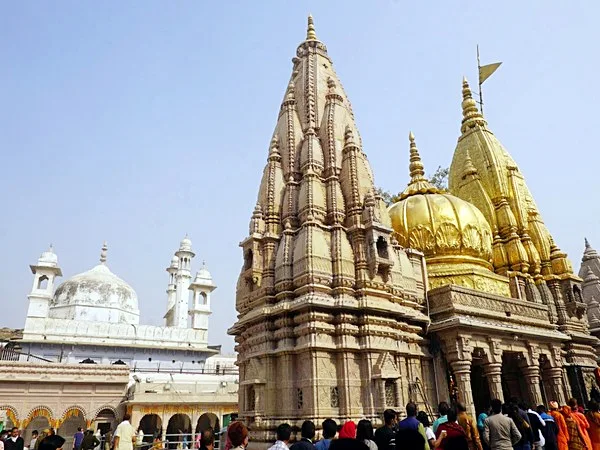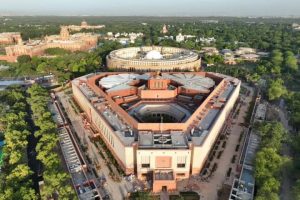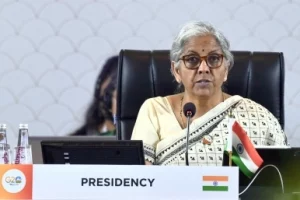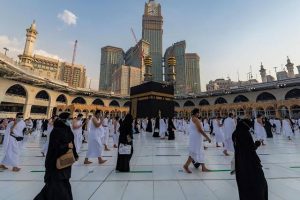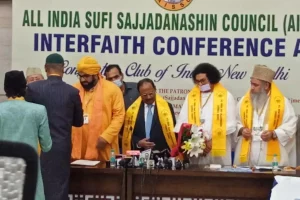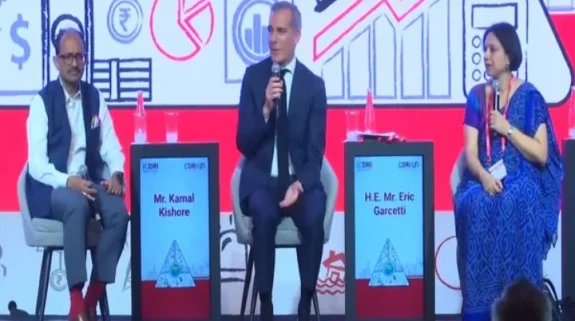In a public lecture at the Nehru Memorial Museum and Library on Tuesday, noted journalist and writer MJ Akbar said that the syncretic social fabric in India that had been built over generations was destroyed by Aurangzeb’s imposition of Islam.
He added that if someone still wants to understand India, a person has to visit Daryaganj in the morning where he will be greeted by the azaan from the mosque, the chiming of the bells at the Hanuman mandir, the peel of bells from the church, chants at the Jain temple and the prayers at the gurdwara.
Reading out his essay, ‘Aurangzeb: The Emperor of Counter-Reformation’ Akbar said: “Aurangzeb’s victory at Samugarh over his liberal elder brother Dara Shikoh has left such reverberations that 364 years later it continues to provoke political palpitations”. Akbar alluded to the fact that had Dara Shikoh won the battle against his brother, the course of Indian history would have been harmonious.
The noted author says that the composite culture which Jahangir and Shah Jahan had nurtured was crushed by the hardliners in Aurangzeb’s court. He blamed Aurangzeb for being misled by his orthodox Sunni clergy in imposing Sharia bit by bit and creating a rift with the Hindus. Akbar says: “The breakdown of the deteriorating relationship between Aurangzeb and Hindus was complete on April 2, 1679, when Jizya was reimposed on all parts of the empire, more than a century after Akbar had abolished this poll tax”.
The author said that the composite social culture that had led to the Hindus and Muslims living together under various Mughal kings was shattered by Aurangzeb as he led a campaign to raze temples, including the Kashi Vishwanath temple which had been rebuilt by Raja Man Singh under Akbar.
Aurangzeb’s indiscretions made the Afghans, the Sikhs, the Rajputs and also the Shias rebel in various parts of the country, weakening his rule. Shivaji rose among the Marathas and wrote a letter to Aurangzeb over the imposition of Jizya on the Hindus.
In his letter, Shivaji said that Emperor Akbar had adopted an admirable policy of universal harmony in relation to various sects such as Christians, Jews, Muslims, atheists, Brahmans, Jain and many more faiths, becoming famous as the “Jagat Guru”. The Maratha leader warned Aurangzab that his reign was witnessing chaos with provinces freeing themselves out of Aurangzeb’s empire. Shivaji warned that he too would be taking up arms against an empire which imposed the hardships of Jizya.
In his lecture, Akbar says that Shivaji’s letter to Aurangzeb was prescient as the empire disintegrated soon after his death.
Aurangzeb’s ruinous administration brought the British to Indian shores. European attacks had been repulsed by the earlier Mughal rulers but Aurangzeb’s decaying reign created a vaccume which the Marathas could not fill up, leading to the British stepping in.
Akbar ended his lecture by saying he believes the wounds Aurangzeb inflicted upon social cohesion and mutual existence between faiths is still to heal in India.
Also Read
Education is the most important instrument of change for Indian Muslims: MJ Akbar






